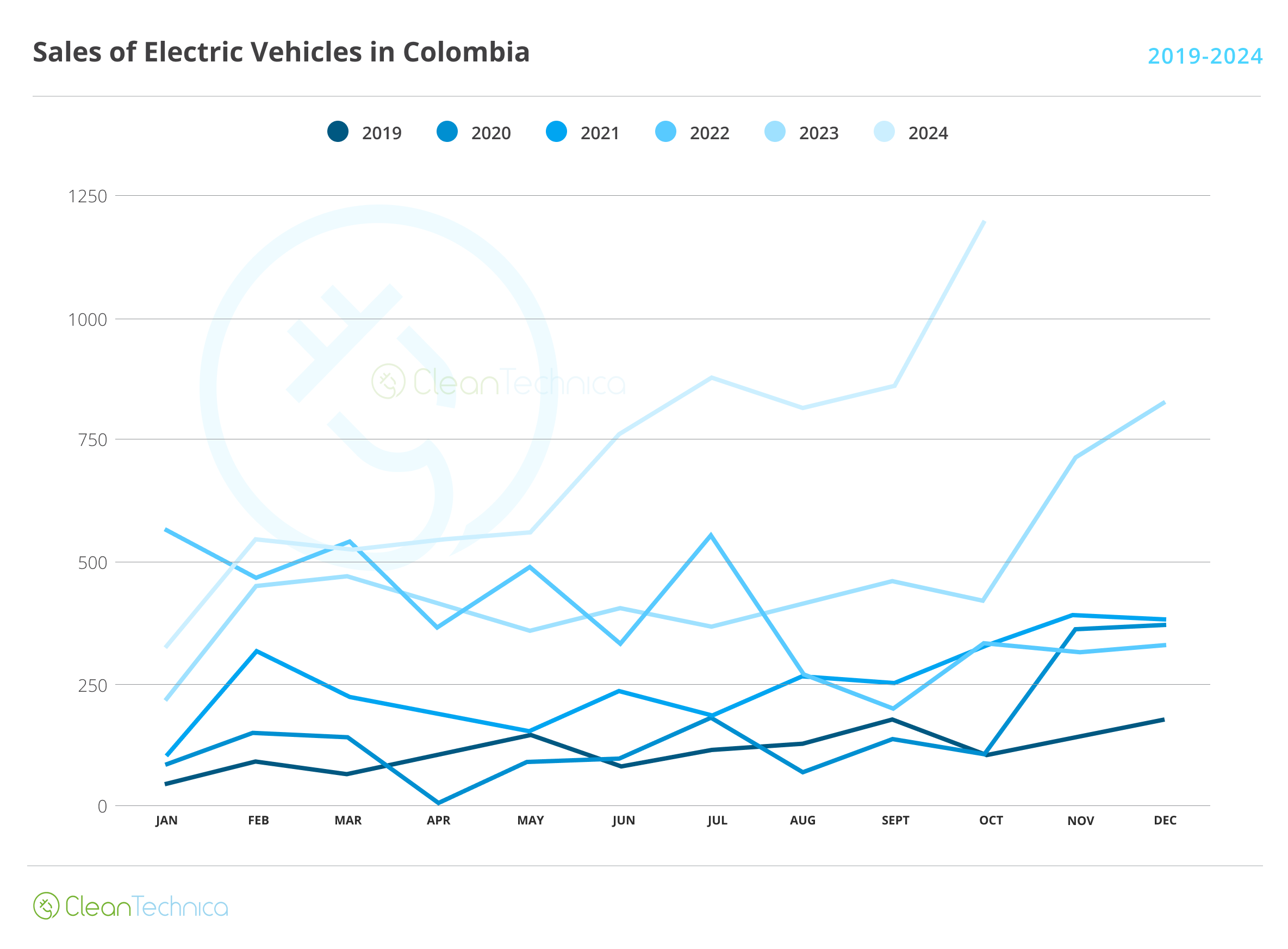Representatives from nearly 200 countries agreed at the COP28 climate summit on Wednesday to begin reducing global consumption of fossil fuels to avert the worst impacts of climate change, a first of its kind deal signaling the eventual end of the oil age.
The deal struck in Dubai after two weeks of hard-fought negotiations was meant to send a powerful signal to investors and policy-makers that the world is now united in its desire to break with fossil fuels, something scientists say is the last best hope to stave off climate catastrophe.
“It is the first time that the world unites around such a clear text on the need to transition away from fossil fuels,” said Norway Minister of Foreign Affairs Espen Barth Eide of the agreement. “It has been the elephant in the room. At last we address it head on.”
More than 100 countries had lobbied hard for strong language in the COP28 agreement to “phase out” oil, gas and coal use, but came up against powerful opposition from the Saudi Arabia-led oil producer group OPEC, which argued that the world can slash emissions without shunning specific fuels.
That battle pushed the summit into overtime on Wednesday.
Now that the deal is struck, countries are responsible for delivering on the agreements through national policies and investments.
The proposed deal would specifically call for “transitioning away from fossil fuels in energy systems, in a just, orderly and equitable manner… so as to achieve net zero by 2050 in keeping with the science.”
It also calls for a tripling of renewable energy capacity globally by 2030, speeding up efforts to reduce coal, and accelerating technologies such as carbon capture and storage that can clean up hard-to-decarbonize industries.
(Reporting by Valerie Volcovici, Kate Abnett, Jake Spring, Gloria Dickie, Elizabeth Piper, David Stanway; Editing by Richard Valdmanis, Katy Daigle and Gerry Doyle)
Share This:
Next Article




